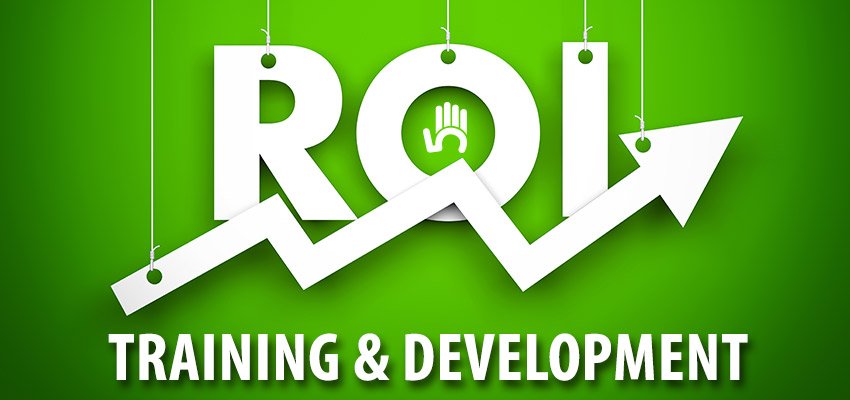Course Overview
The Data Quality – The Complete Course certification provides comprehensive knowledge of data quality concepts, principles, and techniques to maintain high-quality data. It emphasizes methodologies for continuous quality improvement and data governance strategies. The certification is vital to various industries such as health, finance, and technology, where reliability and accuracy of data are critical. It aids in ensuring data integrity, reducing errors, and improving decision-making processes. It also covers data profiling and cleansing, managing data quality in data integration, and using data quality tools. This certification helps in understanding, measuring, and improving data quality, thereby boosting operational efficiency.
Learning Objectives
The learning objectives of the Data Quality – The Complete Course would aim to equip learners with comprehensive knowledge about the concept, importance, and processes of ensuring data quality. Students would learn to identify and rectify common data issues, improve data quality by using proven strategies and tools, understand the regulations related to data quality, and interpret data quality metrics. They would also learn to design a data quality framework and implement data quality management in their organization. The course would provide them the skills to become a key player in making data-driven decisions and ensuring the trustworthiness and efficacy of the data used.
Course Prerequisites
This course is intended for individuals with at least a basic understanding of data concepts. Prior knowledge will be helpful, but not required. Some topics that will be covered include data cleansing and validation, data standards and conventions, data validation and consistency, and data integrity. You must possess a basic understanding of the different types of data, including relational data, structured data, and big data. Familiarity with data modeling, databases, and SQL will also be helpful. Additionally, some knowledge of programming may be beneficial, as the course will involve the use of Python.
Target Audiance
- • Data professionals involved in data management and reporting.
- • Business analysts or consultants aiming to improve their understanding of data quality aspects.
- • IT managers or project leaders dealing with dataintegration or migration projects.
- • University students interested in datascience or information systems fields.
- • Professionals aiming to gain proficiency in data quality improvement strategies.



 4.8
4.8

